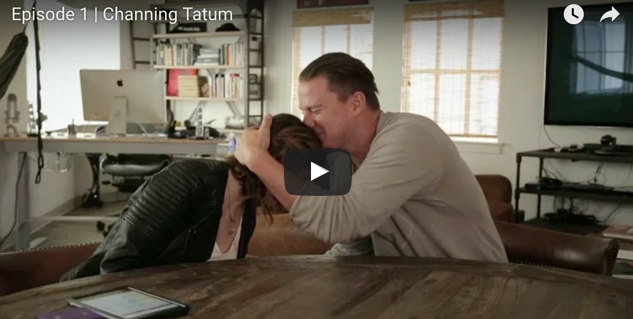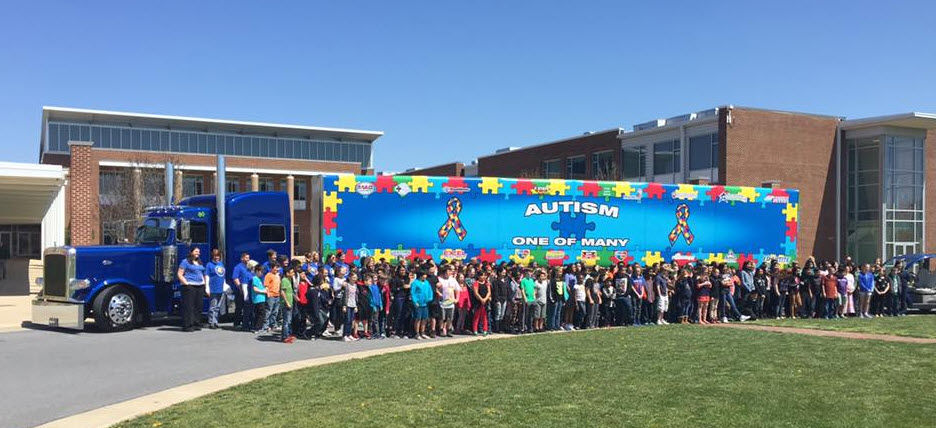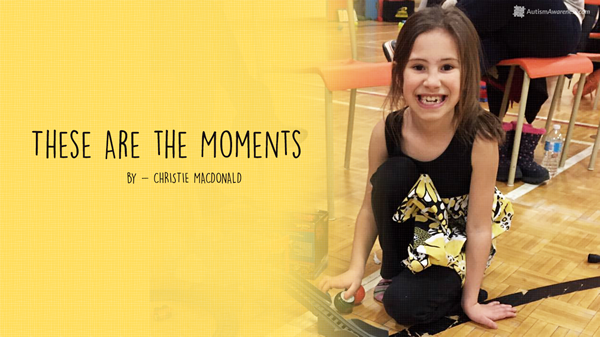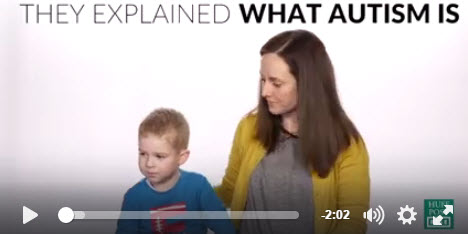 I have been asked before, “What is the hardest part of having a child with autism?”
I have been asked before, “What is the hardest part of having a child with autism?”
Honestly, when I am asked this question, I don’t know what to say because there isn’t just one area that is the hardest. How could I choose when everything about severe autism is challenging and hard?
Is it battling the daily meltdowns because he is unable to communicate to me what he wants? This area is extremely difficult. I know what it feels like to not be able to figure out what he wants, so I can’t even begin to imagine what Trenton feels like not being able to communicate to me.
Is it battling severe sleep deprivation on a daily basis? Sleep deprivation is pure torture. Even though my child doesn’t require the amount of sleep that an average person should require, I sure do. It is torture to have to go day to day on only a few hours of sleep.
Is it knowing that your child will, more than likely, never be able to live on his own? This haunts me every day! It is never out of my mind… NEVER!
Is it the judgment and lack of empathy from the public? I’ve received the looks from the general public while trying to take Trenton out. They don’t understand why a perfectly normal-looking child is behaving the way he does. It sure doesn’t make the stress any easier on me.
Is it the sensory problems that accompany my children or the inability of Trenton to be able to eat anything other than 5 certain food items? It is beyond difficult managing Trenton’s daily sensory problems and food problems. On some days, Trenton needs a lot of input and pressure on his body. On other days, he needs to swing a lot.
Is it the stress of trying to keep my child safe because he is an eloper and will escape and never look back the second that he gets away? Raising a child who is unable to understand danger is very stressful. The older he gets, the harder it is to keep him safe from running away.
Is it the stress of potty training for one straight year now and being no closer to achieving that goal than we were 6 months ago? He goes from smearing his feces to urinating on my carpet. When will he get potty trained??
Is it their obsessions and how Andrew verbally expresses everything to people? My child with mild autism does not have a filter and he has said some of the least appropriate things to people before. His lack of being able to communicate and socialize properly is very evident through his obsessions, and conversations that he has with people about his obsessions.
Is it simply trying to get people to understand that, even though both of my children have autism, they are on the opposite ends of the spectrum? Therefore, their challenges are completely different and you can’t compare them.
Is it the stress of losing family members, a marriage, and friends? All three have happened to me and I know they have happened to you too. It is hard to get everyone to understand autism because some autism just simply “looks” too normal, and many people think that you are just exaggerating because they have never seen your child do what you say he does. Oh the stress…it never ends, does it!
Is it dealing with the change in a routine? To be truthful, this is very devastating and can make or break their day, week, or even month when a change occurs in their daily schedule.
My list could go on and on. As you can see, it is hard to answer that question. Autism comes with many challenges. The challenges do not only affect the person with autism, but it also affects the whole entire family.
So, the next time I get asked, “What’s the hardest part of raising a child with autism?” I believe I just may say, “All of it.”
——————————————————–
Angela and her family reside in Terre Haute, Indiana, where they moved to get more help for her son with severe autism. She was born and raised in a small town in southern Illinois where her love for animals and helping others blossomed.
She enjoys sharing the honest and real side of autism through her writing. Her writing may not apply to every family with a child with autism, but it is sure to apply to the families raising children on the severe end of the spectrum.
To read more of Angela’s journey please visit her website or like her Facebook page.









 I have been asked before, “What is the hardest part of having a child with autism?”
I have been asked before, “What is the hardest part of having a child with autism?”
 In addition to her advocacy service and her blog, Kate is also a Justice System Consultant for PA’s ASERT (Autism Services, Education, Resources and Training) Collaborative. With her prior experience working in PA’s Juvenile Justice System and her passion for advocating for children and adults living with autism, Kate enjoys her time training probation officers, police officers, attorneys, judges, correctional officers and others employed in the justice system in order to raise awareness of the impact an autism diagnosis has on those that become involved in our juvenile and criminal justice systems.
In addition to her advocacy service and her blog, Kate is also a Justice System Consultant for PA’s ASERT (Autism Services, Education, Resources and Training) Collaborative. With her prior experience working in PA’s Juvenile Justice System and her passion for advocating for children and adults living with autism, Kate enjoys her time training probation officers, police officers, attorneys, judges, correctional officers and others employed in the justice system in order to raise awareness of the impact an autism diagnosis has on those that become involved in our juvenile and criminal justice systems.

